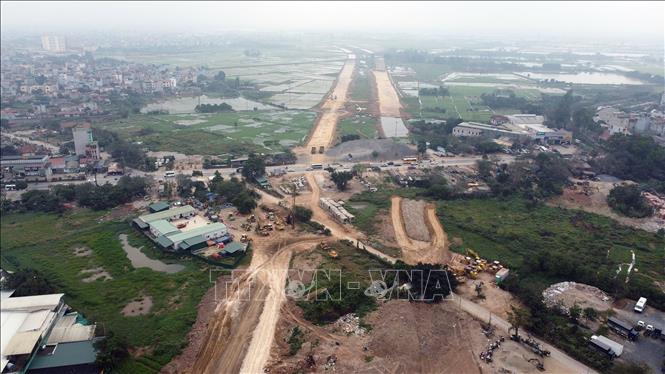
Investment Law No. 61/2020/QH14 was passed by the National Assembly on June 17, 2020. In addition to positive results, the Investment Law has revealed a number of limitations related to regulations on investors' freedom of business, preferential policies, investment support, procedures for carrying out investment and business activities in Vietnam, investment from Vietnam to foreign countries, etc.
Deputy Minister of Finance Nguyen Thi Bich Ngoc said that this is a law with a very wide scope of regulation, covering all investment and business activities of domestic and foreign organizations and individuals.
According to Deputy Minister Nguyen Thi Bich Ngoc, the draft is the result of a long-term research, summary and accumulation process. The Ministry of Finance has organized many consultations with localities in the three regions, ministries, branches, agencies of the National Assembly, domestic and foreign associations, foreign investors... This is a step to ensure that the draft law fully reflects the reality and reform needs in investment activities.
One of the key directions of this draft is decentralization and maximum delegation of power to localities according to the principle of "local decision, local action, local responsibility". Accordingly, the Government proposes to only retain the authority to approve investment policies for projects that pose great risks to national defense and security and are in key areas such as seaports and airports.
The draft will clearly classify projects according to central or local authority, identify groups of projects that require investment policy approval procedures, groups that do not require approval but must register, and groups that do not need to carry out both procedures.
The draft proposes transferring all authority to approve investment policies from the National Assembly to the Prime Minister. For projects requiring special mechanisms, the Government will report and seek opinions from the National Assembly Standing Committee before making a decision.
Regarding the list of conditional business investment sectors, after coordinating with VCCI and ministries and branches to review, the Ministry of Finance proposed to cut 21 sectors. This number is higher than the initial proposal of VCCI of 17 sectors. The reduction complies with the direction of the Politburo and the Government, aiming to facilitate investors to enter the market; at the same time, shifting the management focus from pre-control to post-control.
Along with that, the draft Law has amended and completed the regulations on investment policy approval procedures in the direction of narrowing and clarifying the scope of projects that must undergo investment policy approval. Investment policy approval is only granted for infrastructure development investment projects in a number of important and sensitive areas such as seaports, airports, telecommunications, publishing, press, etc.; projects proposing to use land and sea areas; projects that have a major impact on the environment or are implemented in areas that affect national defense and security, etc.
Accordingly, investment policy approval procedures are not carried out in the following cases: projects that have won the auction for mineral exploitation rights; industrial cluster technical infrastructure projects; investment projects that are subject to land allocation and land lease through land use rights auctions and investor selection bidding (except for important projects with great impacts and influences on the socio-economy such as airport, seaport, industrial park projects, etc.).
Along with that, promoting decentralization and delegation of authority to approve investment policies, the draft only stipulates the authority to approve investment policies of the Prime Minister and the Chairman of the Provincial People's Committee and decentralizes all projects under the authority to approve investment policies of the National Assembly to the Prime Minister to speed up the implementation of procedures. In particular, for important projects, there needs to be special mechanisms and policies that are not yet stipulated in the law, the Government approves investment policies after receiving the consent of the National Assembly Standing Committee.
In addition, the Government proposes to continue simplifying the procedures for approving investment policies in the direction of: eliminating and simplifying some appraisal contents that are not really necessary to be considered immediately at the stage of approving investment policies in the Draft Law and Decree guiding the Law (such as content on technology, environment, etc.). At the same time, clarifying the content of assessing the project's conformity with planning directly related to the project implementation proposal (such as industry planning, provincial planning, etc.), in order to simplify the appraisal content for approving investment policies.
The Draft Law also omits 21 conditional investment and business sectors that do not meet the prescribed criteria and conditions, such as accounting services; tax procedure services, etc. At the same time, it stipulates the principles for determining investment and business conditions, as a basis for reviewing, screening and defining investment and business sectors that really need to be "pre-inspected" and switch to a "post-inspected" mechanism.
The Draft Law consists of 7 Chapters, 60 Articles and 4 Appendices, of which 33/77 Articles and 1 Appendices are amended and supplemented; 17/77 Articles are removed; 25/77 Articles and 3 Appendices are kept unchanged; 02 new Articles are added and the Clauses are rearranged.
With a series of strong adjustments, the draft Investment Law (amended) submitted to the National Assembly for consideration and approval at the 10th Session and will take effect from January 1, 2026, is opening up great expectations in removing bottlenecks, creating a transparent and effective investment environment; at the same time, ensuring synchronization in socio-economic management and development.
Source: https://baotintuc.vn/thoi-su/du-thao-luat-dau-tu-sua-doi-phan-cap-phan-quyen-toi-da-cho-cac-dia-phuong-20251110181427198.htm



![[Photo] Prime Minister Pham Minh Chinh attends the Patriotic Emulation Congress of the Ministry of Foreign Affairs for the 2025-2030 period](https://vphoto.vietnam.vn/thumb/1200x675/vietnam/resource/IMAGE/2025/11/10/1762762603245_dsc-1428-jpg.webp)

![[Photo] Prime Minister Pham Minh Chinh attends the annual Vietnam Business Forum](https://vphoto.vietnam.vn/thumb/1200x675/vietnam/resource/IMAGE/2025/11/10/1762780307172_dsc-1710-jpg.webp)


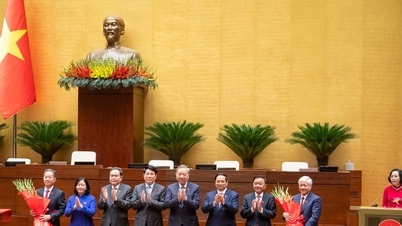

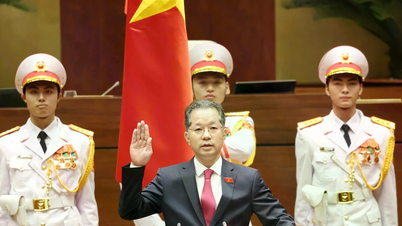

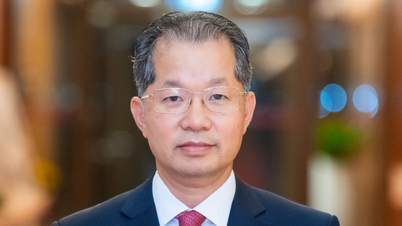

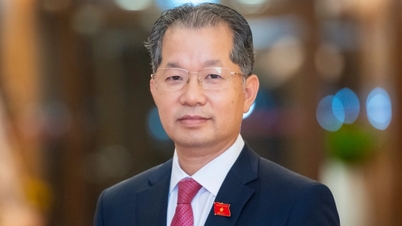

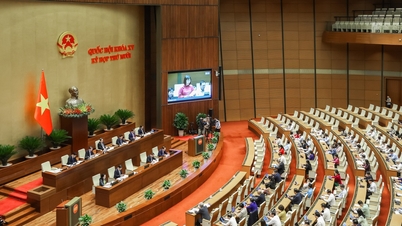



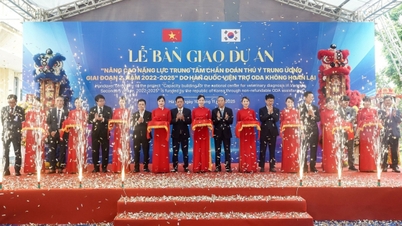

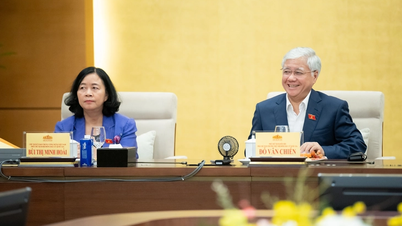




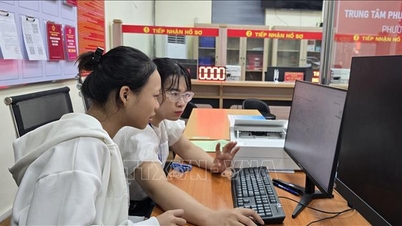






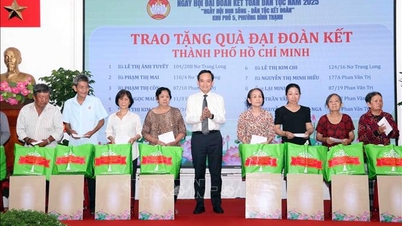

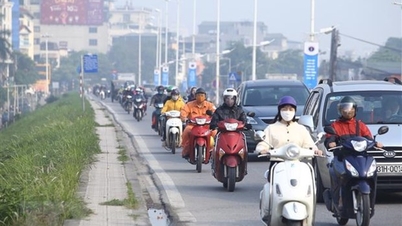
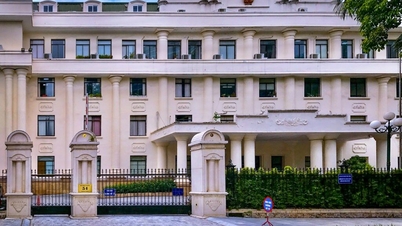





































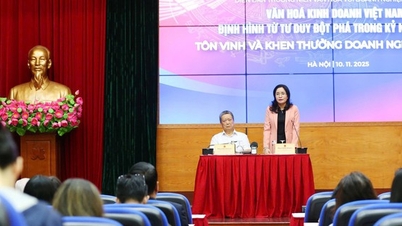










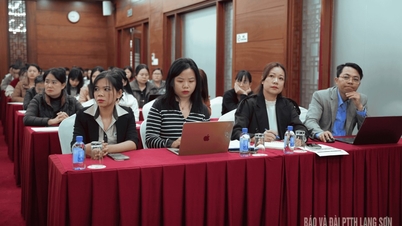


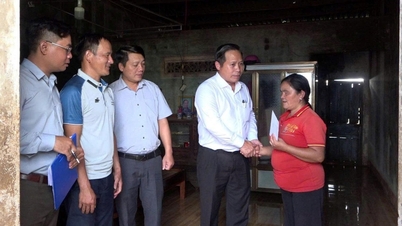

![Dong Nai OCOP transition: [Article 3] Linking tourism with OCOP product consumption](https://vphoto.vietnam.vn/thumb/402x226/vietnam/resource/IMAGE/2025/11/10/1762739199309_1324-2740-7_n-162543_981.jpeg)











Comment (0)